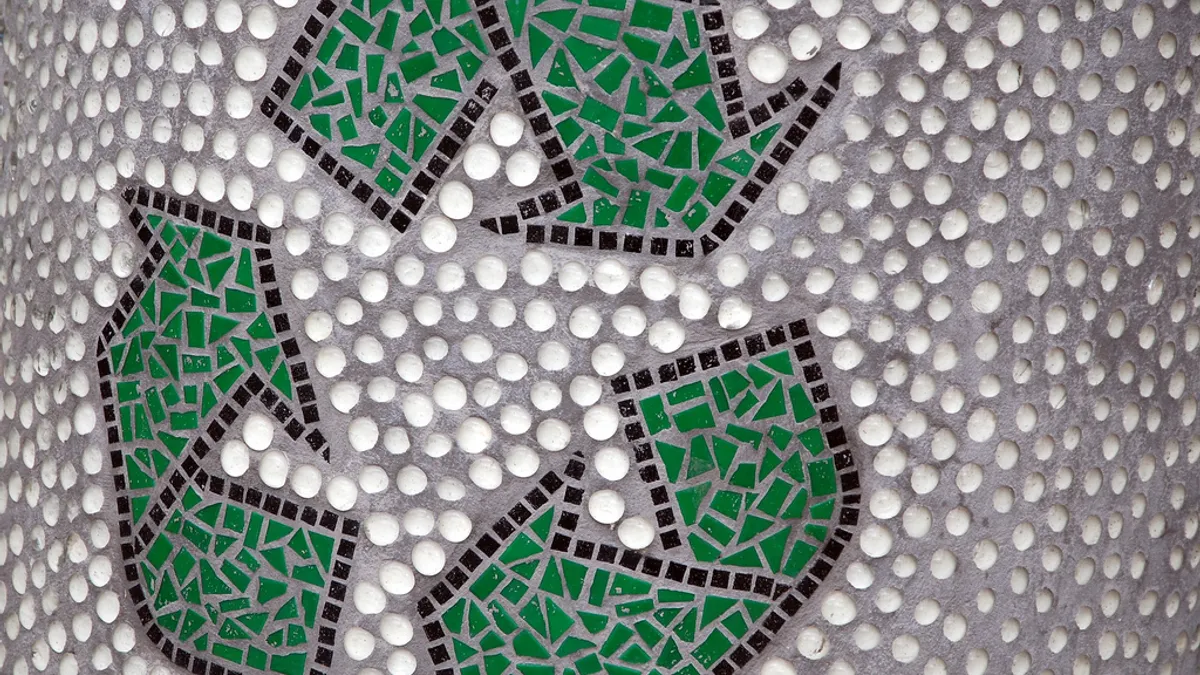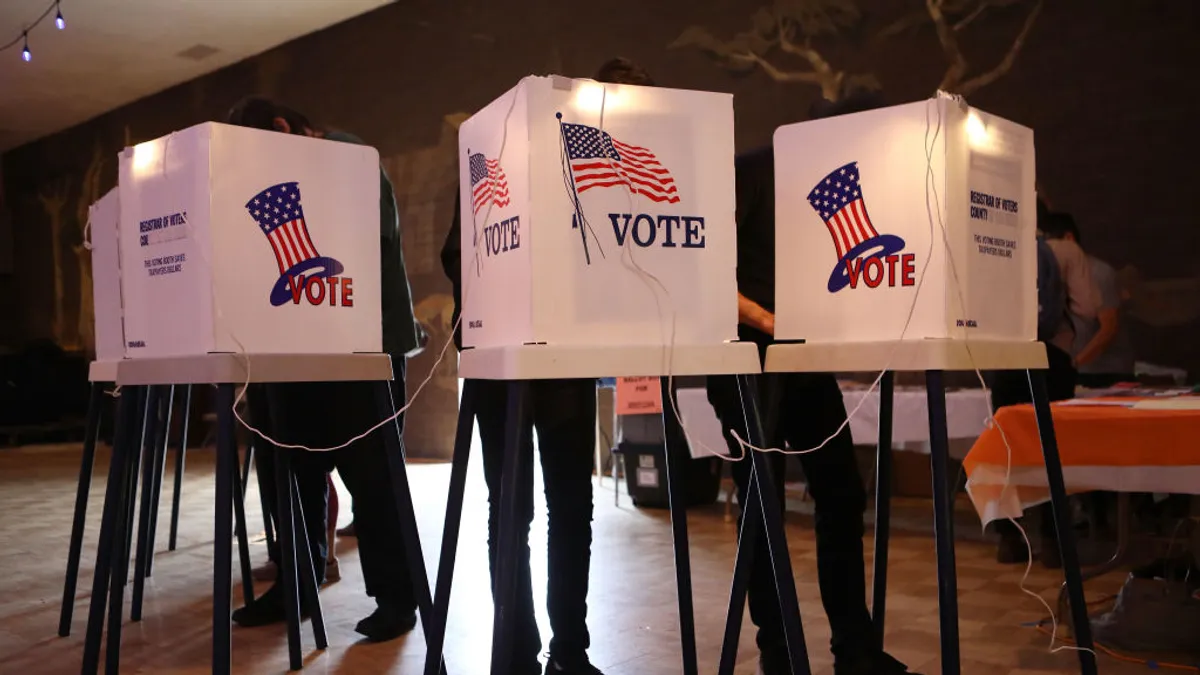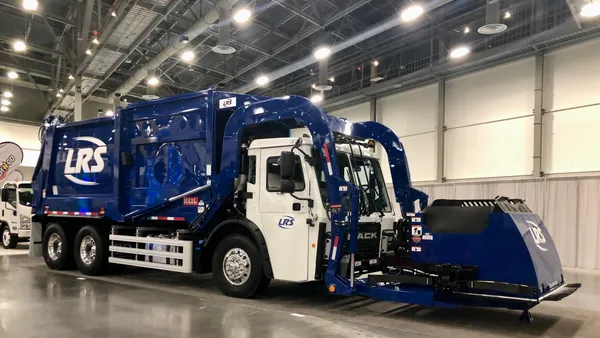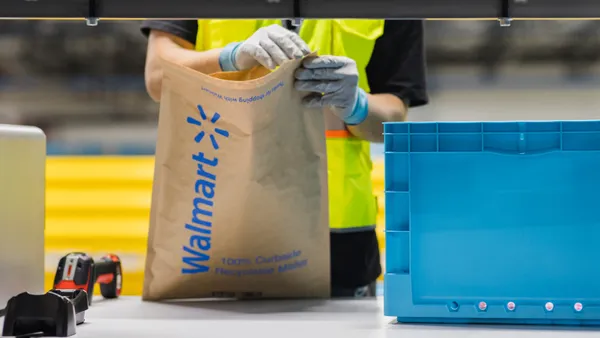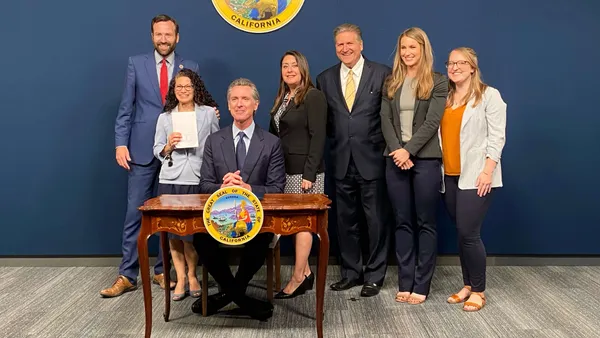Dive Brief:
- The Minnesota Sustainable Growth Coalition has been formed by 25 major businesses and organizations in an effort to promote circular economy systems.
- Members include 3M, Best Buy, Cargill, General Mills, Medtronic, Target, Aveda, Ecolab and the University of Minnesota. Environmental Initiative, a local nonprofit, is serving as the facilitator.
- In addition to finding ways to practice sustainability within their own organizations, the coalition aims to look for progress across multiple industries and sectors. Initial areas of focus include the advancement of clean energy, organic waste, and water.
Dive Insight:
Often used with the term "zero waste," the circular economy idea has been around for decades and has recently become very popular. Last year, the European Commission adopted its Circular Economy Package with the goal of promoting material recovery and a goal of 65% diversion by 2030. A report from the U.S. Chamber of Commerce also outlined the potential for big savings if companies reduce their manufacturing waste.
The consulting firm Accenture estimates that a closed-loop system could create up to $4.5 trillion in economic growth and companies are beginning to pay attention. Last month, the Ellen MacArthur Foundation launched its "New Plastics Economy" initiative to reduce plastic pollution and find more "after-uses" for the material. Major companies such as Unilever, Coca-Cola, Dow Chemical, and Mars have all signed on.
While large system-wide changes will ultimately be needed to make all of this happen, recent individual advances in packaging technology are a step in the right direction. Dell is now more than 70% of the way toward its goal of using 50 million pounds of recycled plastic by 2020, Dow Chemical has developed a new type of recyclable polyethylene food pouch, and IBM Research just discovered a method for turning polycarbonates into new forms of plastic.



